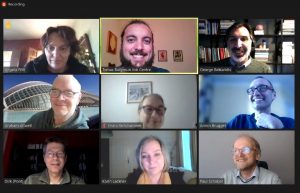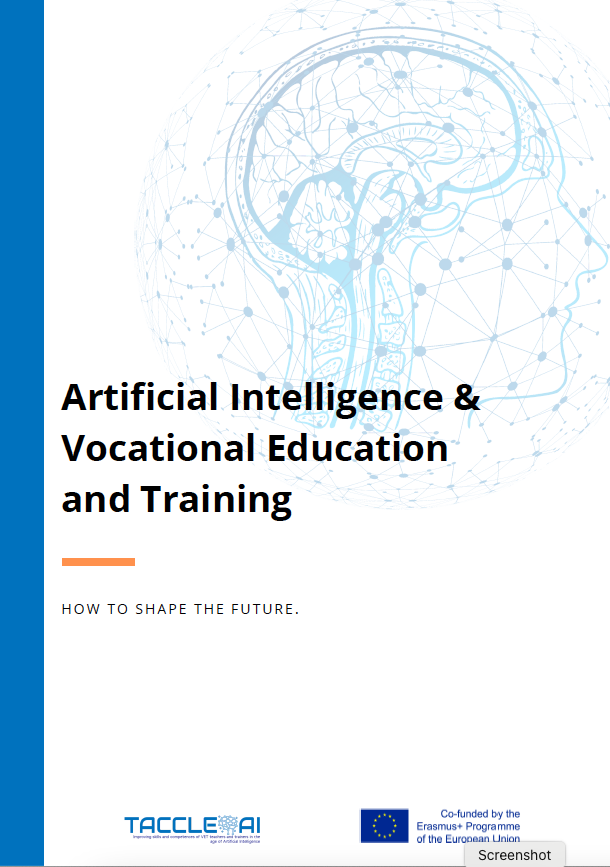
There is a lot of research and discussion online about what we have learned about what used to be called Technology Enhanced Learning in Higher Education and schools, prompted understandably by the move to digital caused by the ongoing pandemic. As usual, new terminology is emerging, with a current preoccupation around Hybrid education, which seems to be to be little different to the previously named Blended Learning which has been around for what seems like eons.
There has been less discussion in education around the impact on Vocational Education and Training (VET) and on research and development activities. I will come back to the issue of VET in another blog post, In this one I'll reflect on our work in research and development projects. Much of our work is funded through the European Erasmus+ programme, which amongst other strands, promotes innovation projects in the different education and youth sectors.
First the good news. We have successfully managed to continue the projects, which are required to include partners from at least three different European Member States through online meetings and cooperation. The main tools we have used are Zoom for meetings (although an increasing number of institutional partners are being required to use Microsoft Teams, which to me mind at least, lacks the ease of use of Zoom. And for collaboration on research and reports we have widened our use of Google Drive. Where we have been perhaps not so successful is in more depth discussion of our ongoing research findings. For administration and project management (the boring but necessary bit) Zoom works fine, and I wonder why we have wasted so much time in the past in the luxury position of face to face project meetings discussing these things. Of course we all miss meeting our partners face to face and particularly the richness of discussions which often take place outside the formal part of the meetings. Skype is pretty good for less formal chats, but lacks the sparking points and interplay which sets off so many interchanges in more informal settings. Having said that I have always felt guilty about the amount of air miles the European projects run up and I can't really see a return to the previous number of face to face international meetings.
But I was very encouraged by a workshop I ran together with George Bekiaridis last week for teh kick off meeting of the new CareerBot project (website coming soon). I project is aiming to build a prototype chatbot around Labour Market Information and career and employment opportunities in four European countries. Of course an issue is finding high quality data which can be accessed through the chatbot and the workshop focused on the character of chatbots and how to mind open data sources. All the partners - there were ten in the workshop, were activity involved in the discussion. The lesson for me though, is that to run such a workshop online involves just as much, if not more, preparation. And all too often I fear, we don't pay as much attention to preparing online meetings and activities as we do face to face. So just as universities and schools have tended to fall back on lectures delivered online, we fall back on various activity leaders making PowerPoint presentations, with very limited involvement of participants. Of course this is not only online, we are merely repeating what we have done all to often in face to face meetings.
So here is my (online) new years resolution - plan for active participation and engagement online as well as face to face.








